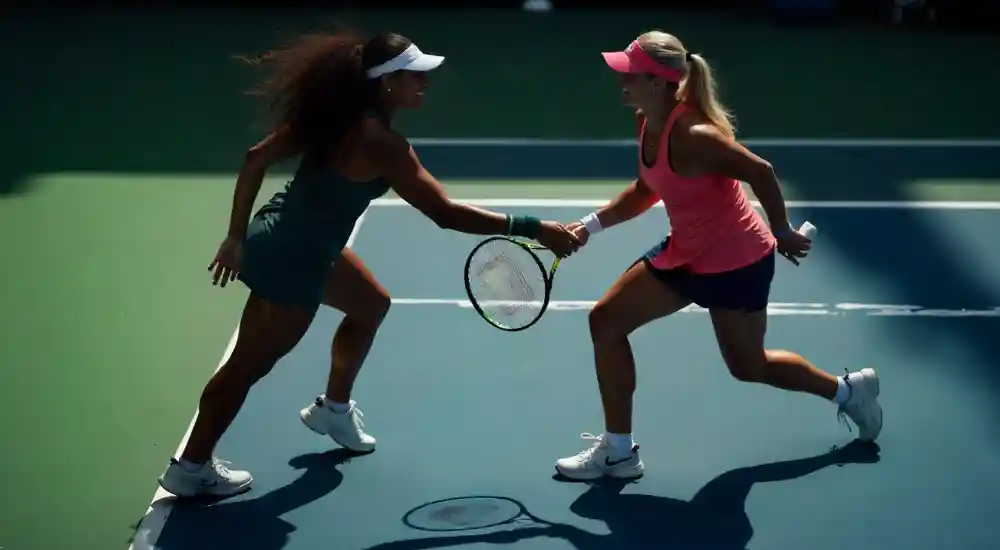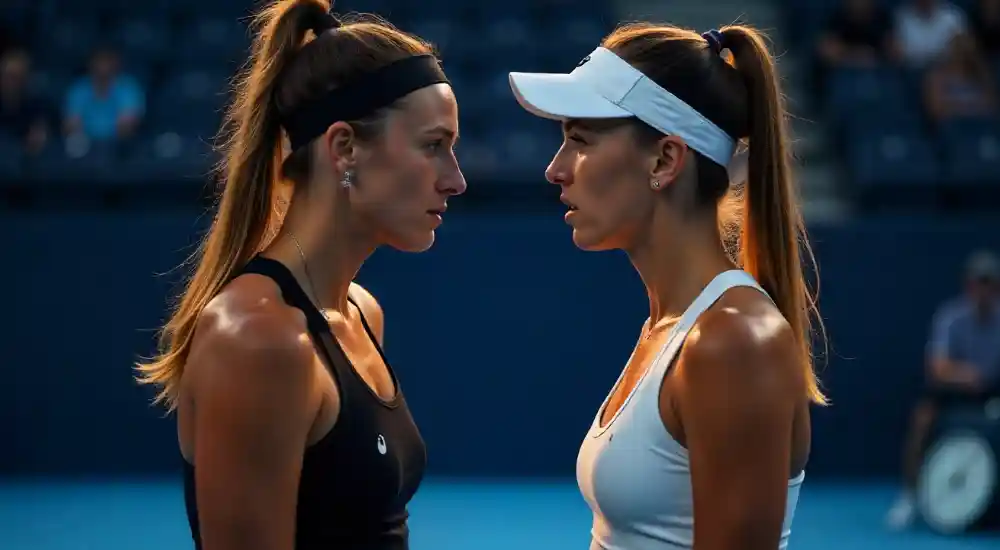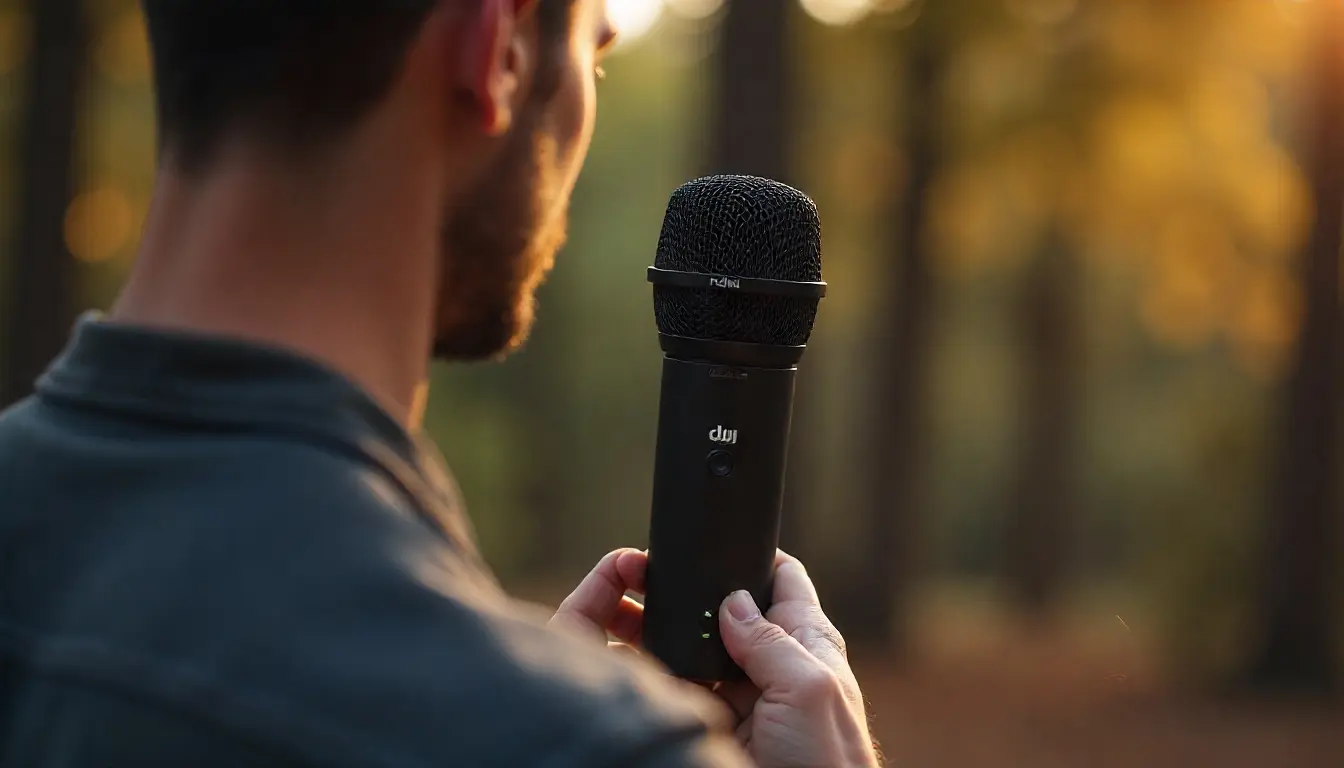A Clash of Etiquette: The Townsend-Ostapenko US Open Drama Explained
The brief, sportsmanship fiery exchange between Taylor Townsend and Jelena Ostapenko following their second-round match at the 2023 US Open left many viewers confused. While the scoreboard showed a straight-sets victory for Townsend, the real battle erupted at the net, with Ostapenko audibly accusing the American of having “no class” and being “disrespectful.” For the uninitiated, it seemed like sour grapes from a defeated opponent. However, for those versed in the unwritten code of tennis, the conflict stemmed from a single, silent omission: the failure to raise a hand and apologize after winning a point via a lucky net cord. This incident wasn’t just about a personal spat; it was a dramatic public collision between formal rules and deep-seated tradition, exposing a fundamental rift in modern tennis sportsmanship.
Sportsmanship: The Unwritten Law: Why a Net Cord Demands an Apology
In the official rulebook of the International Tennis Federation (ITF), there is no statute, clause, or footnote that mandates a player must apologize for a net cord shot. You can scour the entire document and find nothing that requires a raised hand or a verbal “sorry.” This act exists entirely within the realm of etiquette – a long-held tradition as ingrained in the spohttps://ecoalert.news/category/sports/rt’s culture as shaking hands at the net. The reasoning is rooted in respect and acknowledgment of luck. A net cord shot is a lottery win; it’s a point earned not through superior skill, strategy, or power, but through pure chance. The apology, therefore, is not an admission of wrongdoing but a symbolic gesture. It says to one’s opponent, “I acknowledge that fortune favored me on that point, and I respect our competitive battle enough to admit it.” It’s a way to maintain honor and fairness in a game where random chance can occasionally intervene.
This tradition functions as a social lubricant on the court, a way to diffuse the inherent frustration an opponent feels when luck, rather than skill, decides a point. It’s a nod to the fact that both players are engaged in a difficult athletic contest and that neither wants to win solely through a fluke.
Sportsmanship – The Core of the Conflict: Clashing Interpretations of Respect
The heart of the Townsend-Ostapenko argument lies in a classic cultural conflict within competition: prescribed rules versus expected manners. Ostapenko, a former Grand Slam champion who grew up in the European tennis system, represents the old guard that holds these unwritten rules as sacred. Her outburst, while harsh, came from a genuine place of feeling disrespected by a breach of what she considered fundamental tennis conduct. For her, Townsend’s omission wasn’t a minor oversight; it was a sign of a lack of education and class, a failure to uphold the sport’s esteemed traditions.

On the other side, Townsend’s perspective, while not explicitly detailed in the moment, represents a more modern, perhaps more pragmatic, view of competition. In the heat of a high-stakes Grand Slam match on home soil, the focus is on every point won, regardless of how it’s secured. The absence of an apology could be interpreted not as disrespect, but as intense concentration and a refusal to give any psychological ground. Why apologize for winning? This viewpoint sees the game as ultimately governed by the official rules, and anything beyond that is optional.
Sportsmanship – A History of Friction: This Isn’t the First “Sorry” Debate
The 2023 US Open incident is far from an isolated case. The tension around this particular etiquette rule has sparked controversy for years, proving that the Townsend-Ostapenko feud is merely a symptom of a larger, ongoing debate within the sport.
In a past Wimbledon event, Aryna Sabalenka expressed similar confusion when an opponent failed to acknowledge a lucky point, noting, “I was confused. Why didn’t she want to say sorry? It seems like all she wanted was to win the match.” This comment highlights how the expectation is still very much alive among top players. Perhaps the most famous historical example involved the famously gracious Rafael Nadal and the more stoic Robin Söderling back in 2007. Nadal and the crowd were taken aback when Söderling celebrated a net cord winner without apology. Söderling’s defense was straightforward and, to some, perfectly reasonable: “Why would I say sorry for celebrating one of the happiest moments in my life?” His response cuts to the core of the issue—should a player be forced to diminish their own joy in a moment of victory to adhere to a tradition?
Sportsmanship – The Psychology of the Apology: Empty Gesture or Meaningful Ritual?
Is the raised hand a genuine gesture of sportsmanship or merely an empty ritual performed for show? Critics argue that it has become a hollow habit, a reflex that many players perform without any real feeling of remorse. They contend that in a brutally competitive environment, expecting a true apology for a legal point is paradoxical and perhaps even hypocritical. Why must a player express regret for something that is entirely within the rules and a natural part of the game? This school of thought believes that mental toughness includes embracing all forms of good fortune without apology.
Conversely, defenders of the tradition argue that its very ritualistic nature is what gives it power. Even if it’s not a heartfelt “sorry,” the act itself maintains a veneer of civility and mutual respect that elevates the sport. It serves as a constant reminder that tennis is not just a physical battle but a contest of character. The gesture, however routine, reinforces a culture of humility and respect that separates tennis from more overtly aggressive sports. It’s a small but significant thread in the fabric of the Sportsmanship identity.
Sportsmanship – The Verdict: Can Tennis’s Gentlemen’s Agreement Survive Modern Competition?
The “sorry” debate is a microcosm of a larger evolution occurring across many Sportsmanship. As athletics become faster, more physical, and more financially lucrative, the pressure to win intensifies. The focus narrows to the absolute essentials: the official rules and the final score. In this environment, unwritten social contracts are often the first things to be tested and, sometimes, broken. The incident between Townsend and Ostapenko proves that this particular tradition is still powerful enough to cause a major stir, but it also shows that compliance is no longer universal. The game is evolving, and its etiquette is struggling to keep pace. Whether this unwritten rule survives depends on the next generation of players and what they decide true sportsmanship means: unwavering adherence to tradition or a focus solely on the win, by any (legal) means necessary.

Table of Contents
Reference Website:
https://edition.cnn.com/2025/08/28/sport/tennis-us-open-ostapenko-townsend-explainer-intl
Our Related News Website:
Sports: Sport Flash
World News: The News Grid
Environment News: Eco Alert
Business News: Biz Trend Now
Dailt News: Unbiased Daily
Realm News: Real Time Realm
Retrun to our Homepage


